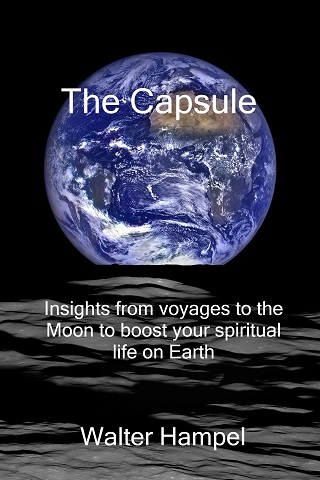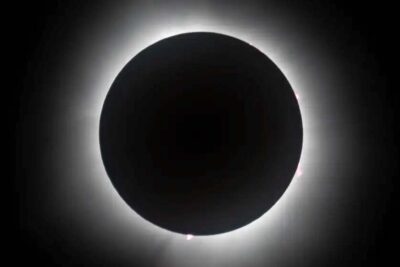 This weekend the Christian Church (Eastern and Western) celebrates Easter, or more precisely, Resurrection Sunday, which commemorates the rising of the Lord Jesus from the dead, never to die again but always reign eternally and be the intercessor for His people. There is so much to ponder here. Placing your trust in this One is quite literally a destiny changer, from an eternal separation from God to being joyfully in His presence for all of eternity.
This weekend the Christian Church (Eastern and Western) celebrates Easter, or more precisely, Resurrection Sunday, which commemorates the rising of the Lord Jesus from the dead, never to die again but always reign eternally and be the intercessor for His people. There is so much to ponder here. Placing your trust in this One is quite literally a destiny changer, from an eternal separation from God to being joyfully in His presence for all of eternity.
I want to give you a few “Easter Eggs”, hidden among some sites on the Internet which I hope will prove to be helpful and a blessing to you.
Virgin Womb & Virgin Tomb – This is a reflection which I did on the interesting parallel between the physical birth and rising-from-the-dead birth which the Lord Jesus experienced.
A Picture of Human Destiny – The Gospels tell us that the Lord Jesus was crucified between two criminals. What happened on those three crosses during those six hours one Friday is a picture of the destiny of humans into eternity.
The Ten Minute Bible Hour – In line with our ongoing Year of Biblical Literacy, I’ve found a set of videos on You Tube from Matt Whitman, who does a fantastic job briefly discussing elements of Biblical literacy and does so accurately, engagingly and with a nice dose of humor added in. I highly recommend you watch these. Subscriber to his You Tube channel. I’ve provided a link to the introductory episode.
Charles Spurgeon on Jesus’ Coronation – Charles Spurgeon, the 19th century British minister known as the Prince of Preachers wrote a devotional called Morning and Evening. It has two reflections on Scripture for each day, one in the morning, one in the evening (you probably guessed that from the title). His morning reading for April 7th talks about Jesus’ path to Golgotha (the Place of the Skull, as it is called), the site of His crucifixion. Great insights by Spurgeon.
American Gospel – Finished watching the entire documentary yesterday. Phenomenal video contrasting the true Gospel of Christ with American-created distortions of it. The link is to the You Tube version which contains the first 40 minutes of the video. Please watch this. Every unbeliever in Christ needs to hear and see this. Every believer in Christ needs to see and hear this to be reminded of what Christ has done for us and who we are in Christ.
1 Corinthians 15 – This chapter of the Bible is a great summary of the Gospel. I’ve been challenged by a local pastor to reflect on the depth of this chapter during this month which contains Good Friday and Easter Sunday. Pay particular attention to verse 17. It says, in essence, that if Christ died and stayed dead, believers are still in their sins. Jesus needed to rise as well as die.
That’s all for now.
Happy Easter, Resurrection Sunday and Pasach!!!





 This weekend the Christian Church (Eastern and Western) celebrates Easter, or more precisely, Resurrection Sunday, which commemorates the rising of the Lord Jesus from the dead, never to die again but always reign eternally and be the intercessor for His people. There is so much to ponder here. Placing your trust in this One is quite literally a destiny changer, from an eternal separation from God to being joyfully in His presence for all of eternity.
This weekend the Christian Church (Eastern and Western) celebrates Easter, or more precisely, Resurrection Sunday, which commemorates the rising of the Lord Jesus from the dead, never to die again but always reign eternally and be the intercessor for His people. There is so much to ponder here. Placing your trust in this One is quite literally a destiny changer, from an eternal separation from God to being joyfully in His presence for all of eternity.